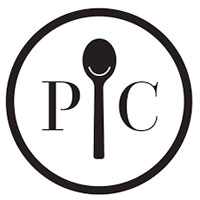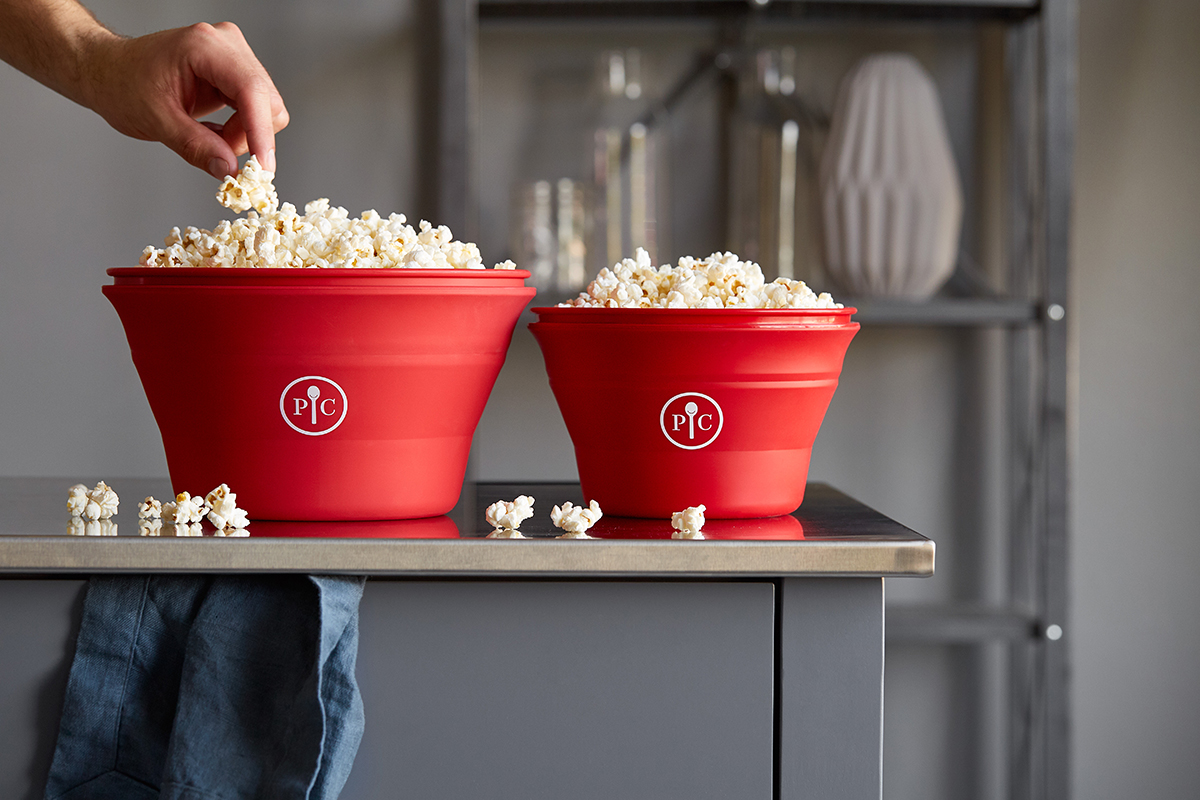On July 22, 2019, the Federal Court issued its decision in Loblaws Inc v Columbia Insurance Company, 2019 FC 961. Pampered Chef, a Berkshire Hathaway company and a world-leader in the sale of premium kitchenware products, has succeeded at trial in defending trademark infringement, passing off, and dilution/depreciation of goodwill claims brought by Canada’s largest retailer, Loblaws, in relation to its use of a trademark that includes the letters “P”/“C”.
Pampered Chef was successfully represented by Mark Evans, Mark Biernacki, Steven Garland and Graham Hood .
Background
In the 1980s, Loblaws launched its private label brand, President’s Choice, and the companion brand PC, in connection with food and grocery products. Over time, Loblaws’ use of the PC mark expanded into a range of products and services, including PC branded kitchenware and houseware products, a PC reward incentive program, PC insurance services, PC financial services and PC travel-agency services.
Loblaws registered both the marks PC per se and the PC script logo below for a wide range of goods and services including kitchenware and houseware products:

Pampered Chef makes and sells high-quality kitchen tools. It primarily uses a direct sales model, through which its products are sold via in-home and online cooking and catalogue parties. Pampered Chef also sells its products through its own website, and its independent consultants also promote and sell Pampered Chef’s products online, including through social media and by means of “virtual cooking parties”. In 2015, Pampered Chef updated its branding, adopting a family of marks that included the logos below:

(“Long-form Logo”)


(“Short-form Logos”)
Loblaws alleged that Pampered Chef’s use of its Short-form Logos in connection with kitchenware products (such as shown below), infringed Loblaws’ registered PC Marks, as well as constituted passing off and dilution/depreciation of goodwill.

(Image courtesy of Pampered Chef)
Decision
The Federal Court dismissed all of the claims against Pampered Chef, finding that Loblaws had not established confusion between Pampered Chef’s Short-form Logos and Loblaw’s PC Marks.
In conducting its analysis, the Federal Court held that while Loblaws’ PC Marks have little to no inherent distinctiveness, through extensive use, publicity, and sales in Canada, Loblaws’ PC Marks had acquired substantial distinctiveness and, in the case of the PC Script Mark, fame.
In dismissing Loblaws’ claim, the Court gave little weight to Loblaws’ expert survey evidence finding it to be of “limited relevance” and not favouring Loblaws in the confusion analysis “to any material extent.” In reaching this conclusion, the Court accepted Pampered Chef’s concerns that the survey did not consider any contextual cues, such as the fact that, in the real world, consumers would encounter Pampered Chef’s logos in close association with Pampered Chef’s name. Pampered Chef successfully demonstrated that the display of its name was sufficiently prominent on its website and social media that it would be readily apparent to any customer that they are operated by Pampered Chef and not Loblaws.
The Court also found the parties’ channels of trade to be highly distinguishable. Pampered Chef uses a sales force of independent consultants in a direct selling marketing model. In contrast, Loblaws is a traditional retail seller, which has never used nor has any plans to use the direct sales channel. The Court held this to be a significant factor strongly favouring Pampered Chef: “the hypothetical customers of [Pampered Chef’s] products would be aware of how to buy the products and would not expect them to be available through [Loblaws’] distinct sales channels.”
The Court also gave significant weight to the lack of evidence of actual confusion between the parties’ marks in the three years of co-existence since Pampered Chef began its rebrand, finding the lack of such evidence “very probative” that confusion was unlikely. The Court noted the “substantial volume” of sales by both parties and took account of the fact that evidence of actual confusion would have been available to Loblaws as a result of its “robust customer service department and trademark enforcement program,” including its actively monitoring for infringing trademarks and training employees to report instances of confusion.
After a consideration of all the factors, the Court dismissed all of the claims against Pampered Chef, notwithstanding the fame of the PC Marks and the similarities between the parties’ goods – taking into account the differences in the channels of trade, the very probative lack of evidence of actual confusion, and the use of Pampered Chef’s name and Long Form Logo in its channels of trade, there was no reasonable likelihood of confusion between the marks.
Smart & Biggar wishes to thank Pampered Chef’s General Counsel Michelle Youkhana and staff attorneys Robert Laverty and Kollin Nava as well as Columbia Insurance’s Assistant General Counsel Brennan Neville for their support and assistance.
For further information, please contact Mark Evans, Mark Biernacki, Steven Garland, Graham Hood or another member of our Trademarks Group.
The preceding is intended as a timely update on Canadian intellectual property and technology law. The content is informational only and does not constitute legal or professional advice. To obtain such advice, please communicate with our offices directly.
Related Publications & Articles
-
When patents expire but royalty payments don’t: contrasting U.S. and Canadian approaches to patent licensing
How does the expiration of the patents in one jurisdiction impact global royalty payments? This question was addressed by the United States Court of Appeal’s Ninth Circuit in C.R. Bard Inc v Atrium Me...Read More -
Accelerating Canadian Plant Breeders’ Rights (PBR) applications with foreign Distinctness, Uniformity and Stability (DUS) test results
In Canada, Plant Breeders’ Rights provide breeders exclusive rights for up to 25 years for tree and vine varieties and 20 years for all other plant varieties, ensuring breeders can benefit from their ...Read More -
Canadian Intellectual Property Office “Next Generation Patents” update and status as of April 10, 2025
On July 17, 2024, CIPO launched a new electronic system and portal, MyCIPO Patents, as part of its Next Generation Patents initiative. The launch has been fraught with difficulties, creating delays, e...Read More
